During the course of its history, the field of medical science has experienced significant developments, particularly in the area of cancer therapy. One of these advancements is the development of proton therapy, which is a game-changing method that provides radiation treatment that is both focused and precise and may be utilised for a variety of cancers.
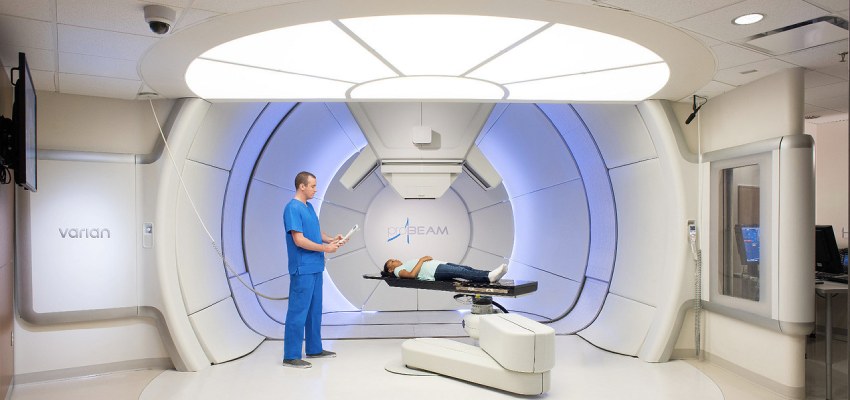
Patients in India now have access to a cutting-edge treatment option that can help them fight cancer: proton therapy. This development has garnered a tremendous amount of attention and momentum in India.
Introduction
Introduction
About Disease
About Proton Therapy
The complex collection of disorders known as cancer, which are defined by the uncontrolled development and spread of aberrant cells, continues to be a major issue with regard to world health.
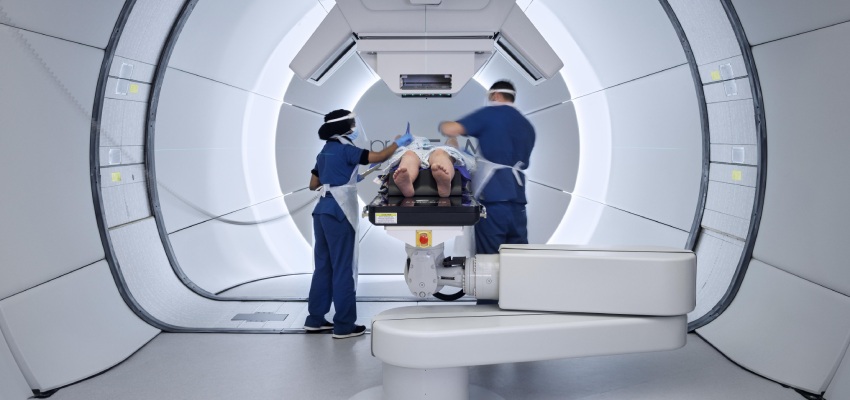
It is possible for it to show in a variety of different ways and have an effect on a variety of organs and systems inside the body. Depending on the sort of cancer and the stage it is at, symptoms might range all over the place.
You may also like to read – Testosterone replacement therapy
Symptoms
Cancer can present itself in a wide variety of ways, and its symptoms frequently resemble those of other, less severe disorders.
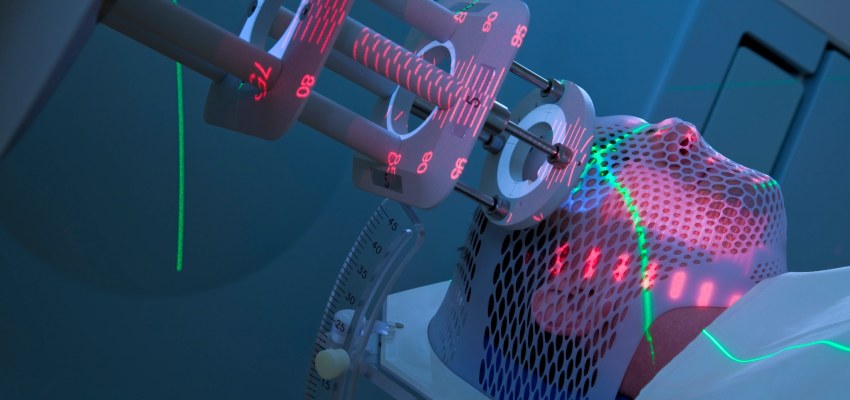
Chronic exhaustion, unexplained weight loss, soreness, changes in the skin, and odd bleeding or discharge are some of the symptoms that might be associated with this condition.
Yet, it is essential to keep in mind that the early stages of some types of cancer do not appear with obvious symptoms. This fact emphasises the need of maintaining frequent checkups and screenings for your health.
Types
Cancer is divisible into an infinite number of subtypes, each of which is designated by the organ or system that it attacks. Leukemia, breast cancer, lung cancer, prostate cancer, colorectal cancer, and colorectal cancer are some of the most common kinds of cancer.

It is necessary to customise the therapy for each form of cancer, taking into account aspects such as the tumour’s location, size, and stage.
Read about – Chemotherapy
Diagnosis
An accurate diagnosis is absolutely necessary in order to develop a successful therapy. Biopsies, blood tests, and other specialised procedures are only some of the diagnostic tools that are utilised in the process of diagnosing cancer.
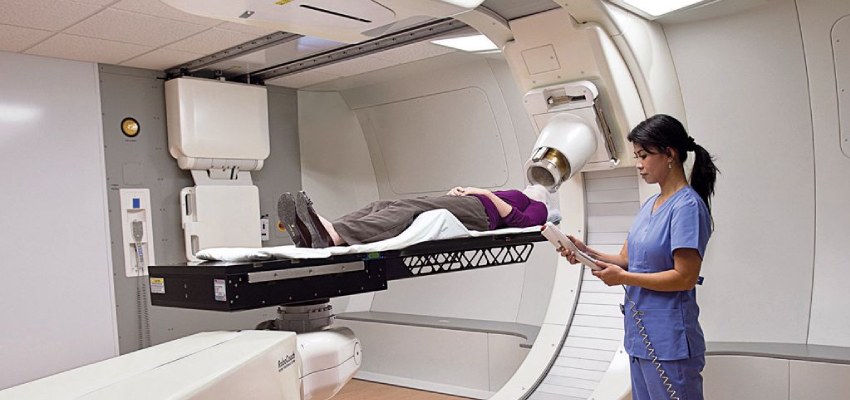
Imaging tests (such as X-rays, CT scans, and MRIs) are also an important part of the process. These techniques assist in identifying the kind, stage, and degree of cancer, which in turn guides decisions for therapy.
Outlook
The survival rates of many different forms of cancer have seen considerable improvements as a result of advancements in medical research.
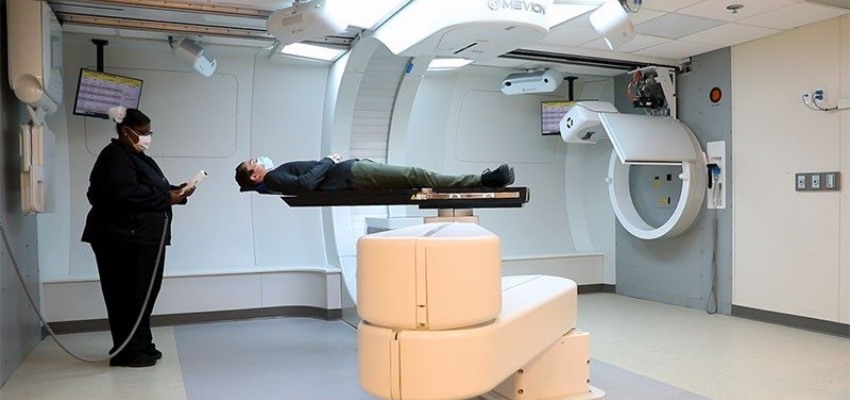
Early identification and treatment of cancer are typically essential components in obtaining positive results.
Treatment
Treatment of Proton Therapy
Proton therapy has arisen as a potentially transformative alternative to conventional cancer therapies such as surgery, chemotherapy, and radiation therapy, which have all been widely utilised for a considerable amount of time.

In proton treatment, high-energy protons are focused on and destroy cancer cells while causing as little harm as possible to the healthy tissues surrounding the affected area.
This accuracy is especially helpful in paediatric situations and those with malignancies that are positioned close to important organs.
Here is liver cancer.
Complications
Proton treatment, like any other type of medical operation, is not without the risk of experiencing consequences. They may include skin responses, feelings of weariness, and other transitory side effects that are particular to the region that is being treated.
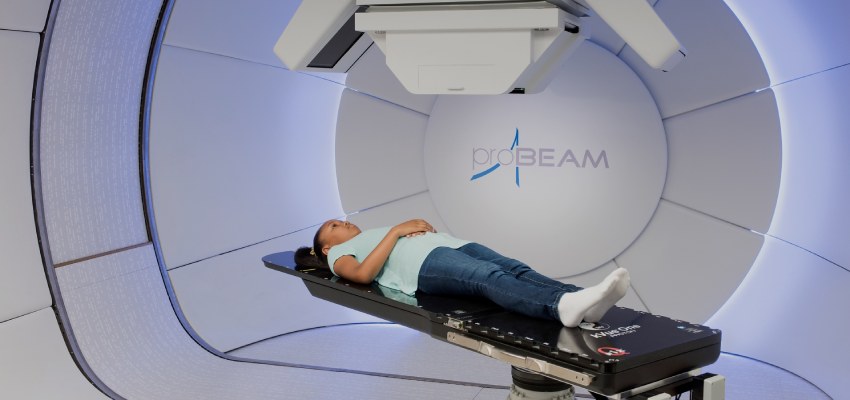
It is absolutely necessary for patients to have an in-depth conversation with their medical team in order to have a comprehensive understanding of the possible dangers and advantages of proton treatment.
Prognosis
The success rate of proton treatment varies widely based not only on the kind and stage of the patient’s cancer but also on individual patient characteristics.
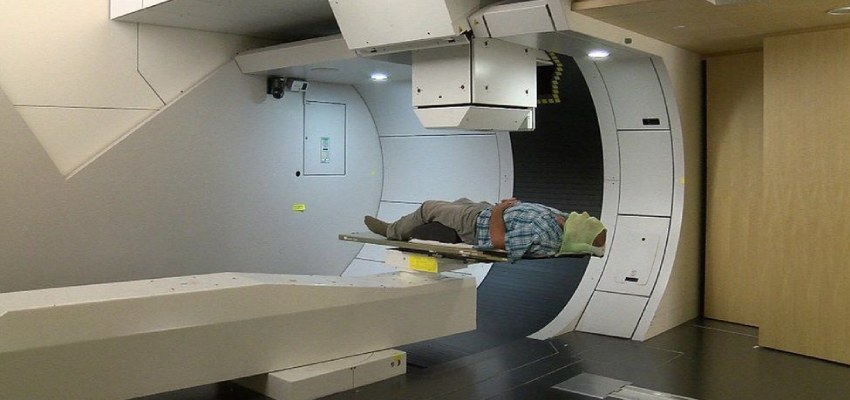
As compared to conventional radiation therapy, proton therapy can sometimes provide significantly higher rates of remission and significantly fewer long-term adverse effects.
Nevertheless, in order to establish whether or not proton therapy is the most appropriate line of action, a thorough examination must first be performed by a medical oncologist.
Get information about – Enhanced External Counterpulsation (EECP) Treatment
Risk Factors
There are many different things that might put a person at risk for developing cancer. Some of these things are genetics, lifestyle choices (including smoking and food), being exposed to carcinogens, and environmental factors.

Although not all characteristics that put a person at risk can be changed, there are things that can be done to dramatically lower that risk, such as leading a healthier lifestyle.
Side Effects
When compared to conventional radiation therapy, proton therapy is intended to do less harm to healthy tissue than other forms of radiation treatment, which may result in fewer severe adverse effects.
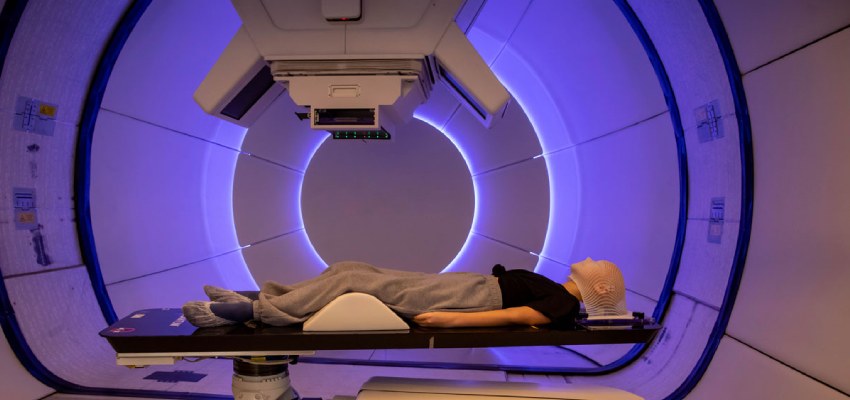
Nonetheless, despite taking the medication, patients may still have transient adverse effects such as tiredness, nausea, and moderate skin responses.
The particular adverse effects are determined by the individual’s response to the treatment as well as the region that is being treated.
Also read about – Heart Blockage Treatment Without Surgery
Prior and subsequent care
Patients go through exhaustive assessments and treatment planning meetings before beginning proton therapy. During this period, medical personnel collect extensive information in order to personalise the patient’s therapy to meet their specific requirements.

After therapy, patients are carefully observed to check for the emergence of any previously undetected problems or adverse effects. When it comes to safeguarding the patient’s overall health and wellness, follow-up treatment is of the utmost importance.
Treatment Cost
Proton Therapy Treatment Cost
Proton therapy can have varying costs depending on a variety of circumstances, including the kind of cancer being treated, the number of treatment sessions necessary, and the location of the facility administering the treatment.

Traditional radiation therapy is often less expensive than proton therapy, despite the fact that proton therapy is more focused and may result in fewer side effects and consequences.
Nonetheless, for many patients, the expenditure may be justifiable due to the long-term advantages and decreased adverse effects of the treatment.
Explore more about – Skin Whitening Treatment